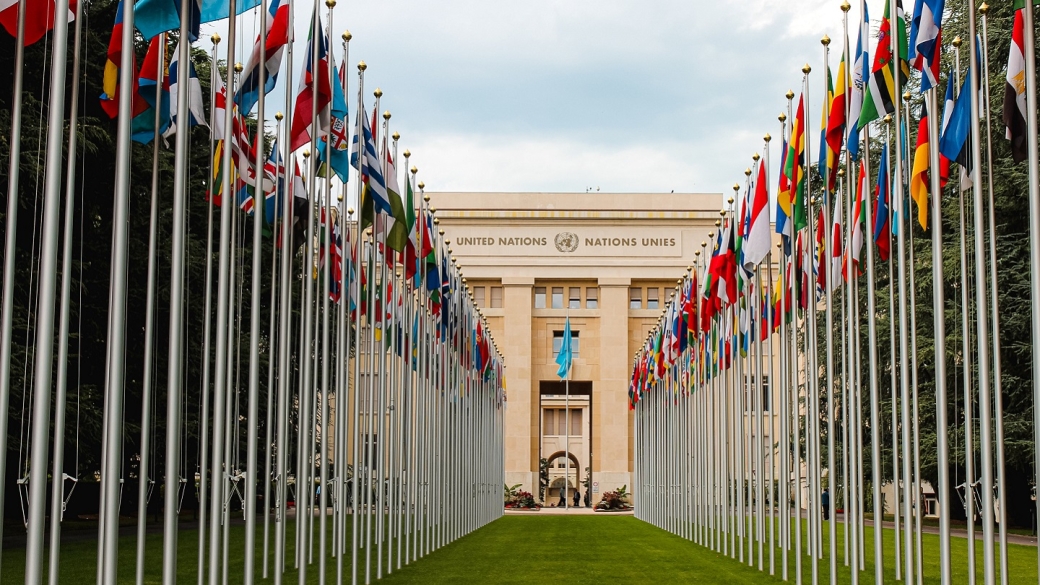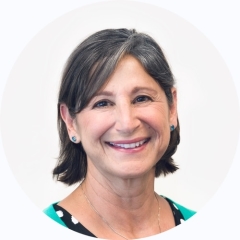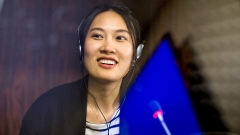Leader in Residence Alumna Lorena Ortiz Schneider Shares Insights from a Career in Language Services
| by Jason Warburg
As part of the Middlebury Institute’s Leaders in Residence program, Institute alumna Lorena Ortiz Schneider MATI ’92 recently presented three sessions for students sharing experiences and insights from her 30-year career in language services.




